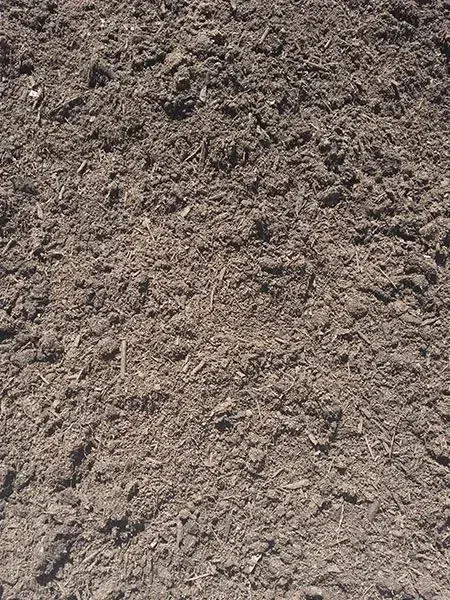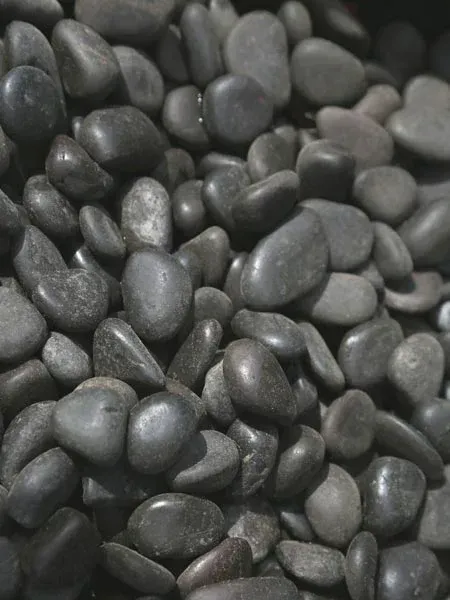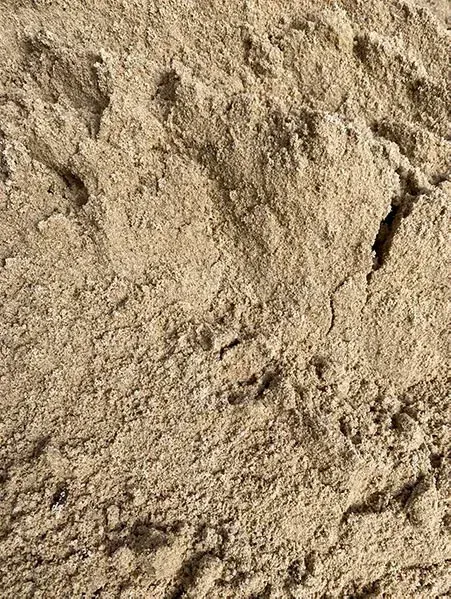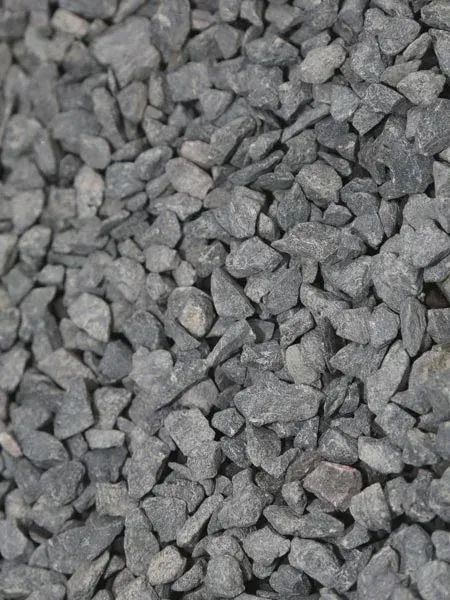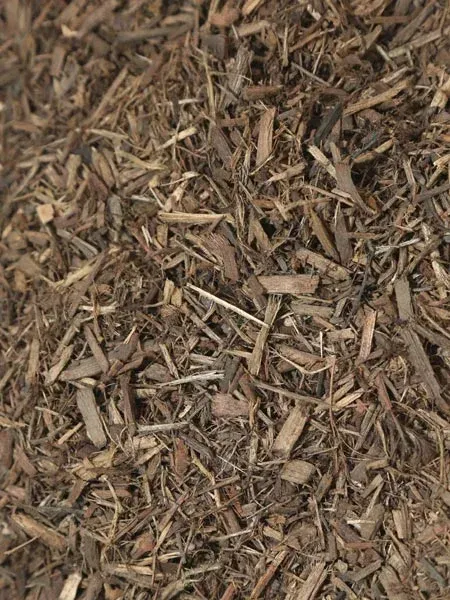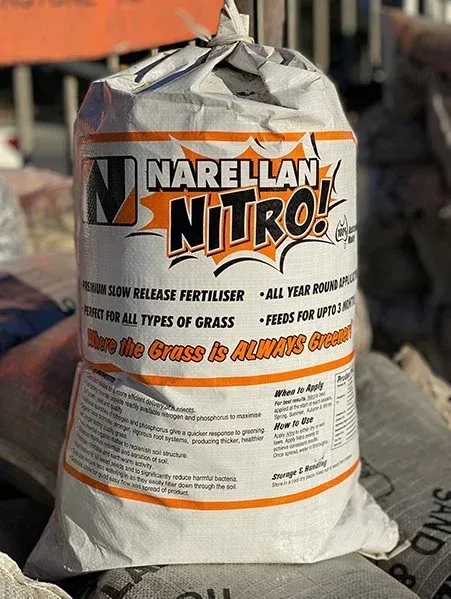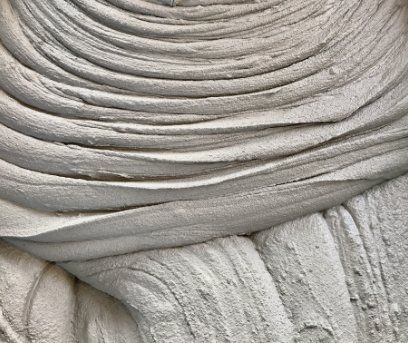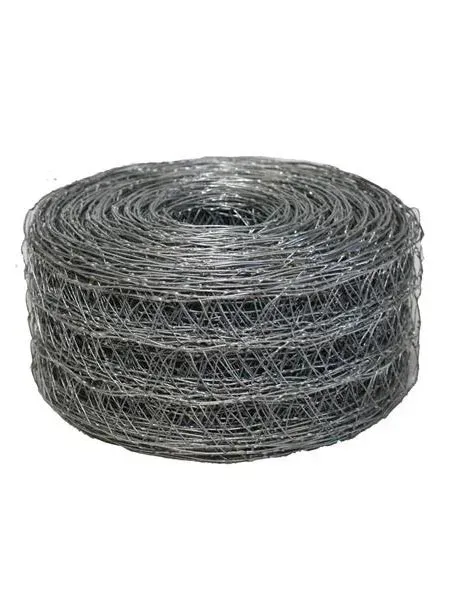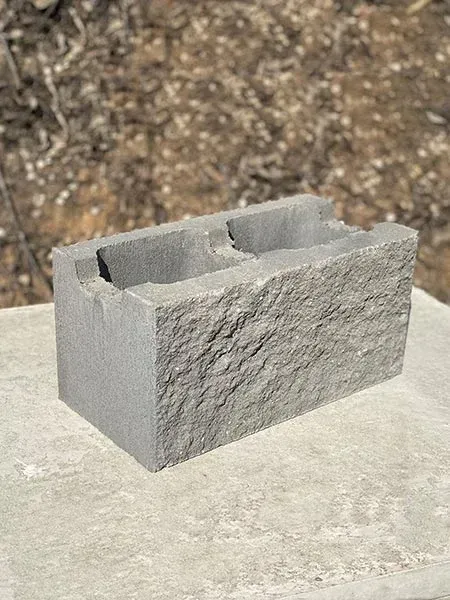When it comes to constructing or renovating a building, ensuring its stability and durability is of utmost importance. One critical element that plays a significant role in this aspect is wall ties. Wall ties are essential components used in masonry construction to connect the internal and external walls, providing structural integrity and preventing potential issues. In this blog, we will explore the purpose of wall ties and address some common questions related to their usage.
Enhancing structural stability
Wall ties serve a crucial purpose in enhancing the structural stability of buildings. They act as connectors between the internal and external walls, preventing them from separating or bulging under various forces, such as wind pressure, seismic activity, or ground movement. By anchoring the walls together, wall ties distribute the load evenly, ensuring the overall strength and integrity of the structure.
Preventing moisture issues
Another vital purpose of wall ties is to prevent moisture-related issues. When external walls are exposed to rain or other sources of moisture, water can infiltrate the cavity between the inner and outer layers. Wall ties equipped with a drip feature help redirect the moisture to the outer layer, preventing it from reaching the inner wall. This feature plays a significant role in maintaining the building's structural integrity and preventing issues like dampness, mould, or rot.
Contact Narellan Sand, Soil & Garden Supplies for all your drainage needs
In conclusion, wall ties play a vital role in maintaining the structural stability and durability of buildings. By connecting the internal and external walls, they distribute loads evenly and prevent separation or bulging. Additionally, wall ties equipped with a drip feature help prevent moisture-related issues, ensuring the integrity of the structure over time. If you are looking for reliable landscaping supplies, including wall ties and other construction materials, consider Narellan Sand, Soil & Garden Supplies. They offer a wide range of products to meet your construction needs.

